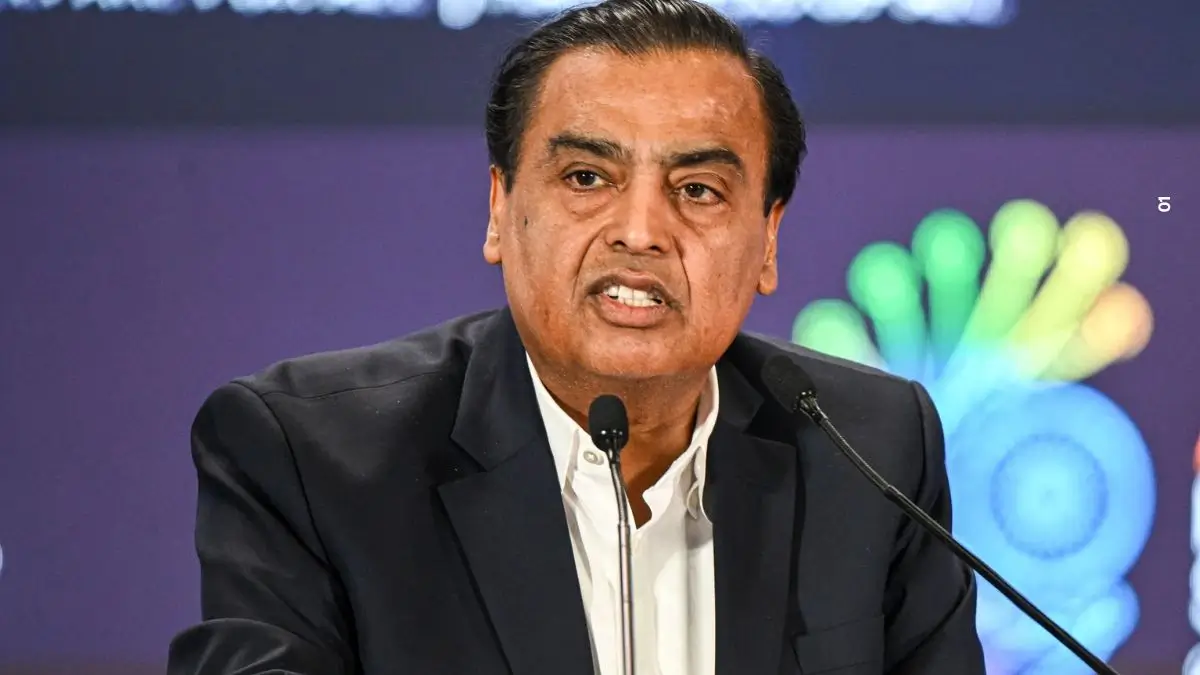ISRO and NSIL Achieve a Significant Milestone in Space
Introduction to the Milestone Achievement
The Indian Space Research Organisation (ISRO) and its commercial arm, the NewSpace India Limited (NSIL), have recently achieved a significant milestone by successfully launching the GSAT-30 communication satellite. This accomplishment marks a new chapter in India’s growing capabilities in space technology and satellite communications.
Details of the Launch
The GSAT-30 satellite was launched aboard the Ariane 5 rocket from French Guiana. Designed to replace the INSAT-3E satellite, GSAT-30 will enhance communication services across India, including telecommunication, broadcasting, and broadband services. This mission not only showcases ISRO’s technical prowess but also emphasizes the collaboration between ISRO and NSIL to commercialize satellite launches.
Benefits of GSAT-30
The GSAT-30 is equipped with advanced communication technology, which will provide crucial support for various applications such as tele-education, telemedicine, and disaster management. This satellite aims to bridge the digital divide in rural and remote areas, ensuring that essential services reach every corner of the country. The launch is expected to boost economic growth and improve the quality of life for millions of citizens.
The Role of NSIL
As the commercial arm of ISRO, NSIL plays a vital role in promoting India’s space capabilities globally. By successfully launching GSAT-30, NSIL aims to enhance India’s presence in the international satellite market. This milestone indicates a robust future for Indian space ventures, making ISRO and NSIL key players in global space exploration.
Conclusion
The successful launch of the GSAT-30 satellite represents not only a technological achievement but also a step towards making space services more accessible to the Indian populace. This collaboration between ISRO and NSIL paves the way for future advancements in space technology, fostering a spirit of innovation and growth.

Why This News is Important
Enhancing Communication Services
The GSAT-30 satellite will significantly improve communication services across India. By replacing the older INSAT-3E satellite, it will ensure that the country’s telecommunication infrastructure remains robust and reliable, catering to the increasing demand for connectivity.
Economic Growth and Development
This milestone holds importance beyond technology; it is crucial for economic development. Enhanced communication capabilities will support various sectors, including education, health, and agriculture, thus driving overall growth in the economy.
Strengthening India’s Position in Space
With the successful launch of GSAT-30, India reaffirms its position as a formidable player in the global space industry. The collaboration between ISRO and NSIL enhances India’s reputation and competitiveness in satellite launches.
Supporting Rural Connectivity
The satellite’s capabilities are aimed at bridging the digital divide, especially in rural areas. Improved connectivity will empower citizens with access to essential services, enhancing the quality of life and promoting equitable growth.
Future Prospects
The success of this mission sets the stage for more ambitious projects in space exploration and satellite technology. It indicates a bright future for India’s space sector, encouraging further investments and innovations.
Historical Context
The Evolution of Indian Space Research
India’s journey in space research began in 1963 with the launch of its first sounding rocket, Nike-Academic. Over the decades, ISRO has made significant strides, launching numerous satellites for various purposes, including communication, meteorology, and navigation. The establishment of NSIL in 2019 marked a strategic move to commercialize space technology and cater to the global market.
The INSAT Series
The Indian National Satellite System (INSAT) has been instrumental in transforming India’s communication landscape. Launched in 1982, the INSAT series has facilitated advancements in telecommunication and broadcasting. The GSAT-30 satellite is a continuation of this legacy, ensuring that India remains at the forefront of satellite communication technology.
Key Takeaways from “ISRO and NSIL Achieve a Significant Milestone in Space”
| S.No | Key Takeaway |
|---|---|
| 1 | The GSAT-30 satellite enhances communication services across India. |
| 2 | It aims to bridge the digital divide in rural areas. |
| 3 | ISRO and NSIL collaboration strengthens India’s position in the global space market. |
| 4 | The satellite supports various applications like tele-education and telemedicine. |
| 5 | This launch sets the foundation for future advancements in space technology. |
Important FAQs for Students from this News
1. What is GSAT-30?
GSAT-30 is a communication satellite launched by ISRO, designed to enhance telecommunication, broadcasting, and broadband services across India.
2. Why was GSAT-30 launched?
It was launched to replace the older INSAT-3E satellite and to improve communication services, especially in rural and remote areas.
3. What role does NSIL play in this achievement?
NewSpace India Limited (NSIL) is the commercial arm of ISRO, responsible for promoting and facilitating the commercial use of space technology, including satellite launches.
4. How will GSAT-30 impact rural areas?
GSAT-30 is expected to provide improved connectivity, supporting services like tele-education and telemedicine, thereby helping bridge the digital divide.
5. What is the significance of this launch for India’s space industry?
The successful launch enhances India’s position in the global space market, showcasing ISRO’s technological capabilities and encouraging future investments in space exploration.
Some Important Current Affairs Links

















